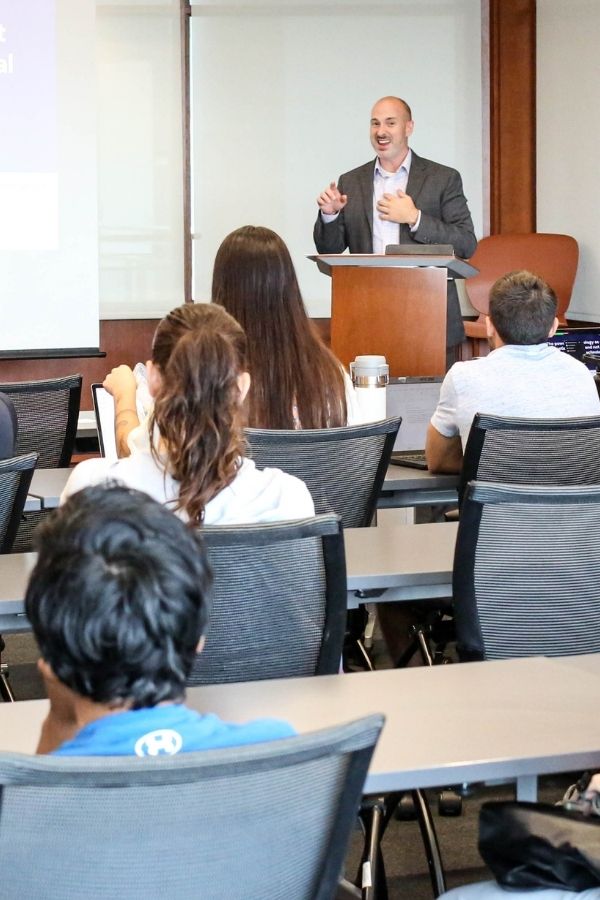CMIST Undergraduate Courses
Filter courses by number, name
CMIST Courses that Count towards the Dietrich College General Education Curriculum
Spring 2026
Humanities
84-120 Introduction to US Constitutional Law
Social Sciences
84-226 International Relations
84-275 Comparative Politics
Computational Thinking
84-350 A Strategist's Introduction to Artificial Intelligence
Intercultural and Global Inquiry
84-306 Latin American Politics
84-323 War and Peace in the Contemporary Middle East
Perspectives on Justice and Injustice
84-322 Nonviolent Conflict and Revolution
84-352 Represention and Voting Rights
Contextual Thinking
84-319 Civil-Military Relations
84-325 Contemporary American Foreign Policy
84-336 Implementing Public Policy: From Good Idea to Reality (Washington, DC)
84-365 The Politics of Fake News and Misinformation
84-387 Remote Systems and the Cyber Domain in Conflict
84-389 Terrorism and Insurgency


